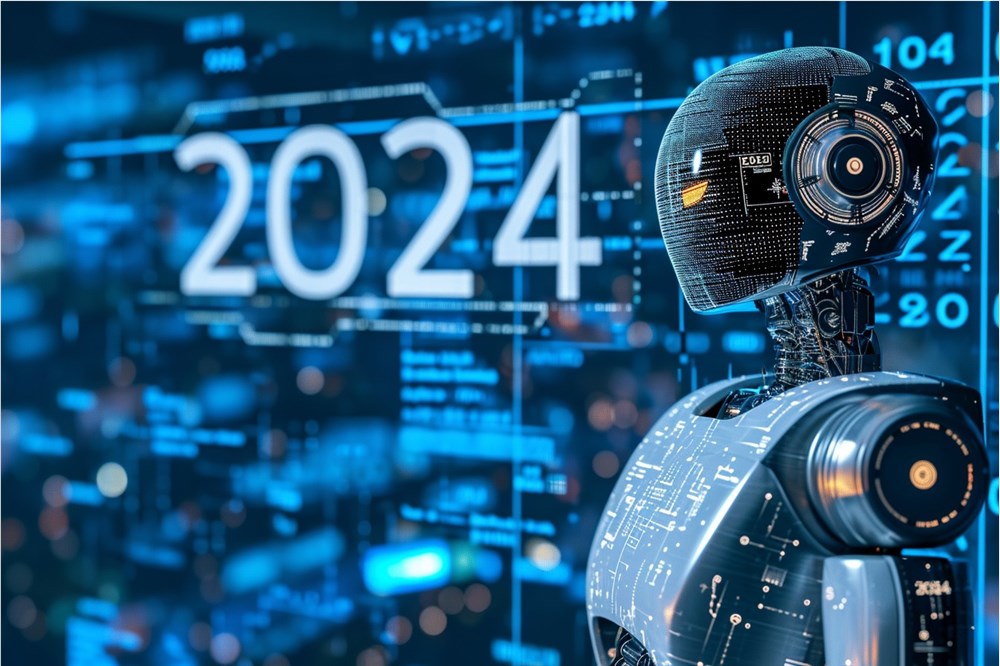January 15International Monetary Fund(IMF) President Kristalina Georgieva warned in a blog post that theAIwill have a significant impact on 40% jobs globally. She said that developed economies are more vulnerable to the impact of AI than emerging markets and developing economies, but at the same time have the opportunity to capitalize on the benefits of this technology.
Georgieva's analysis indicates that about 60% jobs in developed economies could be affected by AI. The impacts are split 50/50 between positive and negative: half of the jobs could see productivity gains through AI technologies, while the other half could be replaced by automation, leading to a decline in companies' demand for labor, which poses the risk of lower wages and reduced hiring. In some extreme cases, some jobs may face the possibility of disappearing.

Source Note: The image is generated by AI, and the image is authorized by Midjourney
In contrast, emerging markets and low-income countries are projected to be affected by the AI impact on jobs in 40% and 26%, respectively.
Georgieva urged national policymakers to be alert to the potential inequalities and social tensions that AI could bring and called for a comprehensive social securityWhole networkThe Government has provided retraining programs for disadvantaged workers.
The IMF is notonlyThe organization that issued the AI warning. In March last year, Goldman Sachs released a report stating that 300 million jobs worldwide are expected to be replaced by AI. Annesh Raman, vice president of Link, said in a podcast interview last December that as AI continues to evolve, the value of academic qualifications is rapidly diminishing, and softer skills could become a key factor in career advancement.
The upcoming Winter Davos Forum 2024 will delve into the impact of artificial intelligence on the global economy. Ahead of the forum, Pablo Hernández de Cos, chairman of the Basel Committee on Banking Supervision and governor of the Bank of Spain, called for globalleaderThe challenges posed by AI need to be addressed in a coherent manner.
De Cos warns:- "Artificial Intelligence will not only threaten financial stability, but could have many other more serious consequences. These issues, if not handled properly, could change the course of history."